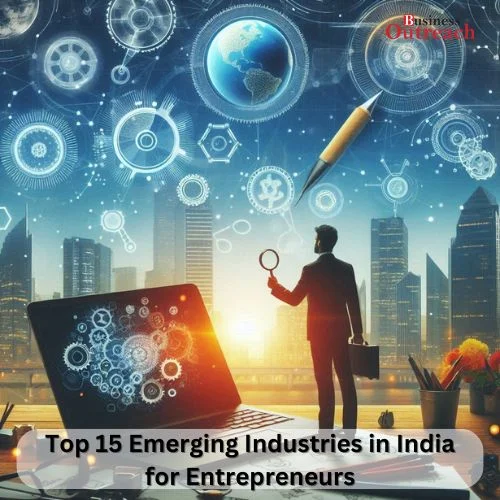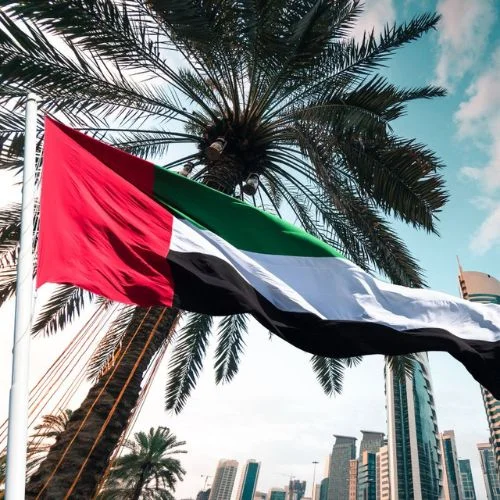A top official said on Tuesday that Indonesia has requested Chinese automaker Geely Automotive Holdings (0175.HK) to assist it in developing a domestic electric vehicle by 2025 or 2026, and that the automaker has accepted.
A request for comment from Reuters was not immediately answered by Geely.
I asked Geely, “Do you want to produce automobiles in Indonesia while maintaining your Indonesian brand identity and conducting your research there? They responded positively, “Minister Luhut Pandjaitan, who is in charge of natural resource and investment rules, said during a seminar.
The deal would include Indonesia providing nickel ore to make EV batteries, but Indonesia must be in charge of the research, he said.
With access to its abundant nickel reserves, a crucial component of EV batteries, Indonesia has been attempting to entice EV manufacturers to invest in the nation. But so far, the results have been uneven.
VinFast, a Vietnamese electric vehicle manufacturer, announced on Monday that it will make a long-term investment of about $1.2 billion in Indonesia, including for a plant that is slated to begin operations in 2026.
Last month, Hozon New Energy Automobile of China and Mitsubishi Motors (7211.T) of Japan both committed to investing in the production of electric vehicles in Southeast Asia’s largest economy.
Two of the top EV manufacturers in the world, the US Tesla and China’s BYD Group, have both expressed interest in investing, although this has not yet happened.
Earlier this month, In order to improve the nations’ political and economic ties, visiting Chinese Premier Li Qiang on Friday promised $21.7 billion in new Chinese investment in Indonesia.
Marsudi claimed that Widodo pushed China, Indonesia’s largest trade and investment partner, to “realise these commitments immediately” and encouraged it to consider investing in other industries, like fisheries and the sea.
Six other agreements on e-commerce, enterprise support, industrial cooperation, agriculture, fishing, and research and technology were also signed under the supervision of the two presidents, according to Marsudi.
Li rode the $7.3 billion high-speed rail line in Indonesia, which was partially financed by loans from China. It is a part of China’s Belt and Road development program and connects Jakarta to Bandung, the densely populated capital of West Java state.
For the rapidly expanding electric car manufacturers in China, Indonesia wants to play a bigger role in providing nickel and other raw materials. The Belt and Road initiative of China includes nickel smelting facilities in Indonesia.















